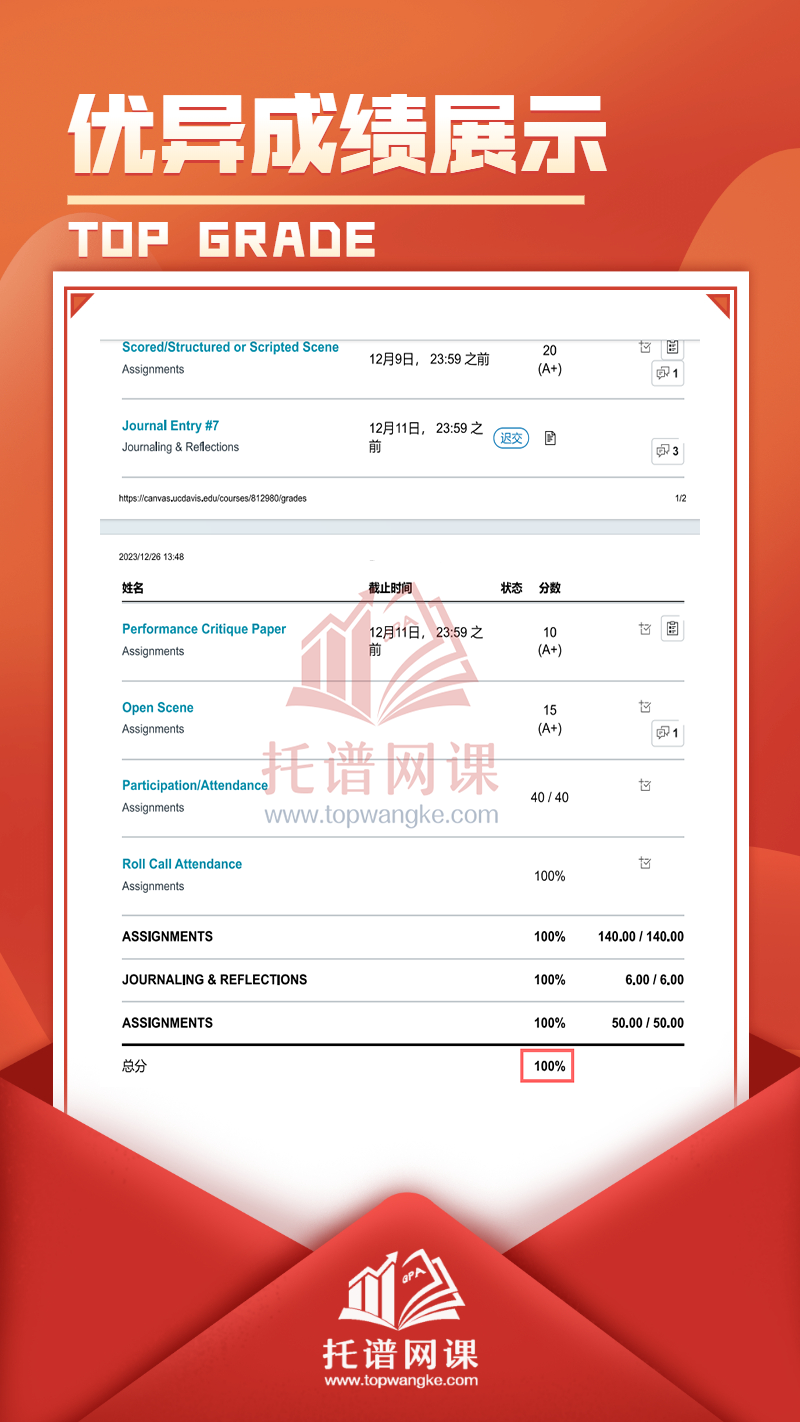关于种族,宗教与生态之间的关系的讨论可能是人类学相关的,甚至是当代社会关注的焦点,因为肤色不同,文化背景不同的人对生态的认识可以基于他们共同的愿景,价值观的形成。 在相对较长的历史中 该回应文件旨在讨论种族,宗教和生态学之间的相关性,并着重介绍有关这一热门话题的两篇文章-《锥面世界》,《土壤中的卡特之血》,种族,种族主义和宗教层面 环保主义。 回应文件将特别关注人类的历史发展,以解释这种关联的变化。
The discussion about how do race, religion and ecology relate can be an anthropology-related or even focused one in the contemporary society, because people of different skin colors and cultural backgrounds get own awareness about ecology can be based on their shared visions, values formed during a relatively long history. This response paper aims to discuss the relevance between and among race, religion and ecology with an attention given to two texts about this heated topic – Cone’s Whose earth is it anything, and Carter’s Blood in the soil: The racial, racist, and religious dimensions of environmentalism. The response paper will give a particular attention to human beings’ historical development for interpreting the changing of such relevance.
着重于宗教与生态之间的关系,一种宗教的教义,信条可能会涉及到或与生态密切相关。例如,基督教是从上帝的创造开始的,上帝创造了一切,而人类只是世界上的一种角色。在基督教神学中,我们每个人的周围环境都是道德的,也是精神的存在,更具体地说,它们是上帝提供的礼物或问题。这种信念可以看作是基督徒对自然界的世界观的基础,自然界中的许多元素(如水,森林)对我们来说都是特殊的特权。卡特(Carter,2017,第54页)在其著作中提出了宗教与生态的巨大关联,他介绍了怀恩在1967年撰写的文章,该文章被称为“我们生态危机的历史根源”,并指出这是基督教神学是人类早期近代生态危机的起因之一。林恩(Lynn)认为,宗教神学所隐含的人与自然之间的关系,使人们开始工业化,付出了对自然造成破坏的巨大代价–“基督教神学认为,人类应该对自然具有“统治力”。第54页)。可以看出,人类扮演着更加积极的角色,自然扮演着更为消极的角色,人类“优于”自然以及地球上的其他生命。实际上,即使在人的内部,占优势的政党也无法习惯于控制弱势群体的利益。因此,长期以来,人类很难准备成为将自然和其他生命视为与人类同等重要的职业环保主义者。实际上,另一面的Cone(2010,p.43)展示了宗教对人们对自然和环境的总体态度以及对生态的总体观念的强大影响。他讨论了环境保护逐渐成为一个被广泛接受并随后成为主流概念的出发点:“自1970年初期以来,环保运动已在美国社会中成长为强大的力量,地球上的生态反射已成为环境保护的主导力量。宗教,影响所有学科”(第43页)。 “影响所有学科”是人们日益意识到的环保意义。
With a focus on the relationship between religion and ecology, a religion’s doctrine, creed can involve or get very related with ecology. For instance, Christianity starts from God’s creation, God creates everything, and human being is just one role in the world. In Christian theology, every of our surroundings are moral and also spiritual presence, to be more specific, they are gifts or problems offered by God. Such a belief can be seen as a basis for Christian’s world view about nature, many elements in nature like water, forest can be special privileges for us. Carter (2017, p.54) suggested the great relevance of religion and ecology it in his text, he introduced Lynn White’s article written in 1967, which is named as “The Historical Roots of our Ecological Crisis” and pointed out that it is the Christian theology that serve as one cause of the ecological crisis in human being’s early modern history. Lynn believed that it is the relationship between human being and nature implied in religion’s theology make people to start industrialization at the great cost of bringing damages to the nature – “Christian theology’s assented that human beings were supposed to have ‘dominion’ over nature” (p. 54). It can be seen that human being plays a more active role and the nature takes a more passive role, and mankind is “superior to” the nature as well as other lives on our planet. In fact, even within the group of human being, a dominant party would not be able to get used to attach great importance to the benefits of a disadvantaged group being controlled. Therefore, for a long time, it is hard for mankind to get ready to be professional environmentalists that treat the nature and other lives as ones equally important as human being. In fact, Cone (2010, p.43) from another side demonstrated the strong influence brought by religion to people’s general attitude towards the nature and the environment, as well as the general idea about ecology. He discussed about the starting point that environmental protection gradually became a widely accepted and then mainstream concept – “Since Early Day in 1970, the environmental movement has grown into a formidable force in American society and ecological reflections on the earth have become a dominant voice in religion, influencing all disciplines” (p.43). It is the rising awareness of the significance of being environmentally friendly that “influence all disciplines”.
有趣的是,对于环保主义者的角色有不同的解释版本。有些人认为这是一个努力“改善所有人的环境”的角色(第43页),有些人可能会做出更多牺牲的解释,即环保主义者把环境保护放在第一位,但对真正需要帮助的穷人却没有给予太多关注。救命。这种解释创造了一个环保主义者,作为一个高高在上的人物形象,他着眼于远离人们的自然生活的好处,但是却很难听到他们同胞的封闭呼吁。实际上,在历史背景下,环保主义者的后一种形象可能是白人。他们掌握着话语权,为自己在科学发展上的成就感到自豪,他们没有兴趣与其他团体进行交流。这可以被视为根本原因,原因是为什么肤色不同的人在历史时期可能会有不同的生态负担。
Interestingly, there have been different interpretations versions of the role of an environmentalist. Some considered the role as a one striving to “improve the environment for everybody” (p.43), some might give a more sacrifice explanation that an environmentalist put environmental protection as the first important thing but gave fewer attentions to poor people who really need help. This explanation has created an environmentalist as a character image standing high above the masses, who has a focus on the benefits of natural lives far away from them but can hard hear the closed calling by their compatriots. In fact, the latter image of an environmentalist can be the white male in the historical context. They held the discourse power at their hands, being proud of their achievement on scientific development, they have no interest to communicate with other groups. This can be seen as one root cause that why people of different skin colors can have different ecological burdens during historical periods.
有趣的是,在人类尤其是白人超越了以自我为中心的第一阶段之后,人类可以付出巨大的自然代价来实现快速发展。该小组迅速进入了以自我为中心的第二阶段-我们有义务“理解和体验自然”作为种族定型角色,例如“定居者朝圣者,边疆探险者和牛仔”,以最大程度地减少“野蛮人和土著”带来的负面影响简单的黑人”(Carter,2017年,第46页)。白人把自己当作保护者。实际上,卡特对环保主义的解释可以看作是白人第二个以自我为中心的合理解释。他将环保主义定义为“一种政治和道德运动,其基于道德主张,即当人类做出可能损害环境的决定时,非人性应受到考虑”(第46页)。在完成基本积累之后,白人正忙于以一种更符合国歌的和礼貌的方式再次证明其在政治,经济和社会方面的霸权优势。在此期间,白人确实需要环境保护这一话题,以通过在使大自然看起来美丽而美丽的过程中扮演英雄角色,使其他人重新意识到其白人种族和领导地位。
Interestingly, after the period that mankind, especially the white went beyond the first stage of self-centeredness – human can make rapid development at a great cost of nature. The group rapidly entered into the second stage of self-centeredness – it is our obligation to “understand and experience nature” as racial stereotype roles like “settler pilgrims, frontier explorers, and cowboys” to minimize the negative effects brought by “savage natives and simple-minded blacks” (Carter, 2017, p.46). The white have regarded themselves as protectors. In fact, Carter’s explanation of environmentalism can be seen as a reasonable interpretation of the white’s second stage of self-centeredness. He defined environmentalism as “a political and ethical movement grounded in the moral claim that non human nature deserves consideration when human beings are making decisions that may harm the environment” (p.46). After finishing the primary accumulation, the white was busy in prove its hegemonic superiority in political, economic, and social aspects again in a more anthem-worthy and polite way. During this period, the white really needed the topic of environmental protection to re-impress the others about its white racial frame and leading position through playing a hero role in making the nature seemingly nice and beautiful.
For the black, Carter (2017, p.45) argued that “the depth of psychological trauma embodies within black people with respect to their enslavement and forced agricultural labor is deep”. In fact, the relationship between the black and the nature might be more positive when comparing with the one between the black and the white. Racism, even today has been popular in some places especially in countries of immigrants. The first lot of white Europeans entering countries like Canada, New Zealand acted more like invaders than new immigrants. Carter made an clear emphasis on the root cause of the black’s ecology burden in the following page, he pointed out that “the ecological burden for black people emerges out of their racialization as a people particularly suited for agricultural work and the psychological trauma of chattel slavery” (p.47). It seems that the white’s history was more about industrialization with outdoor activities as the action of being closed to nature, while the black’s history was more about growing with crops and livestock. As a result, “African Americans have struggled with the ecological burden of forced agricultural work and segregation which has led to environmental racism” (p. 47).
对于黑人,卡特(Carter,2017,p.45)认为,“黑人在被奴役和强迫农业劳动方面深深地体现出心理创伤的深度”。实际上,与黑色和白色之间的关系相比,黑色和自然之间的关系可能更积极。甚至在今天,种族主义在某些地方也很普遍,尤其是在移民国家。进入加拿大,新西兰等国家的第一批白人欧洲人的行为更像是入侵者,而不是新移民。卡特在下一页中明确强调了黑人的生态负担的根本原因,他指出:“黑人的生态负担源于他们作为一个特别适合农业工作的民族的种族化,以及动产奴隶制的心理创伤。 ”(第47页)。白人的历史似乎更多是与户外活动相关的工业化,因为它是对自然的封闭,而黑人的历史更多是与农作物和牲畜一起成长。结果,“非裔美国人为强迫性农业工作和种族隔离带来的生态负担而苦苦挣扎,这导致了环境种族主义”(第47页)。
总而言之,人们对生态和环保主义的观念,认识,解释和思想与代代相传的故事,生活方式,价值观念和远见密切相关。结果,这些思想,认识,解释和思想可以看作是长期历史所反映的反映。在现代社会中,现在成为环保主义者可能是一种时尚,而好事是生态概念本身已在不同肤色和宗教的人们中流行。显然,目前环境友好不只是地球,而是我们自己。毕竟,地球可能会在很长一段时间后有恢复的机会,但是人们没有第二次机会在环境严重恶化的背景下生存。
In conclusion, people’s ideas, recognitions, interpretations and thoughts about ecology and environmentalism are greatly related with the stories, lifestyles, values and visions spreading from generation to generation. As a result of, such ideas, recognitions, interpretations and thoughts can be seen as the reflection a long history telescoped. In the modern society, now being an environmentalist can be a kind of fashion, and the good thing is that concept of ecology itself has been popular among people of different color skins and religions. It is clear that currently being environmentally friendly is not for the planet but for ourselves, after all, the earth may get chances to recover after a long time, but people have no second chance to survive under a background of great environmental degradation.
Reference:
Carter, C. (2017). Blood in the soil: The racial, racist, and religious dimensions of environmentalism. In Hobgood, L. & Bauman, W. (Ed.), The Bloomsbury Handbook of Religion and Nature (pp.45-62). Retrieved February 20, 2020, from
Cone, J. H. (2000). Whose earth is it anything. CrossCurrents, 50(1/2), 36-46. Retrieved February 20, 2020, from
关键词:essay代写;网课代修代上
















